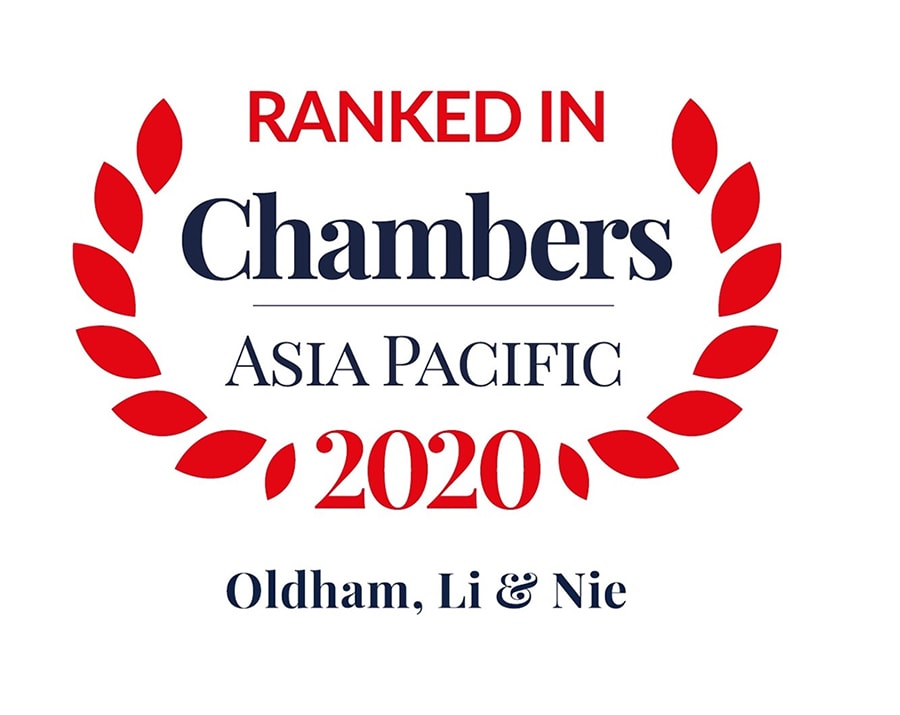Synopsis
All businesses should have been incorporating force majeure clauses into their contracts after SARS. If a business does not have a carefully tailored force majeure clause, it is time to draft one and use it going forward. Where a contract does not include a force majeure clause, one needs to revert to the common law doctrine of frustration to determine whether a contract may be terminated. But be warned, the bar is set high as courts do not lightly set aside contracts due to frustration.
The force majeure clause
We live in extraordinary times and it’s safe to say that unexpected events such as the 2019-nCoV outbreak will continue to keep us on our toes. With schools and universities now cancelling classes until mid-March 2020 at the earliest, numerous public events cancelled (including our sacrosanct Hong Kong Rugby Sevens), customer traffic at a standstill for most retail businesses and shipping and logistics everywhere in chaos, force majeure clauses (and the absence of same) are being scrutinized by businesses throughout the region.
A force majeure clause may be quite vague, specifying that the service provider shall not be in breach of the agreement due to events that have arisen out of forces beyond its reasonable control. Other, more considered force majeure clauses cite specific events such as acts of God, epidemic or pandemic, terrorist acts/wars/riots, government or public authority action, labour disputes and even non-performance by sub-contractors, all very much depending upon the specific nature of the service provider’s business.
The World Health Organization’s declaration on 30 January 2020 that the outbreak of novel coronavirus is a Public Health Emergency of International Concern may be sufficient proof that an epidemic (if not pandemic) has occurred or at the very least, that an event beyond a service provider’s reasonable control has occurred.
Negotiated force majeure clauses may include a “reasonably foreseeable” requirement. If there is evidence to suggest the purported force majeure event was reasonably foreseeable, then the force majeure clause may not assist the service provider. The timing of the contract’s execution may be critical in such instances, depending on the specific event that has occurred.
Once a force majeure event has occurred, there is a need to check for notification provisions that are required per the agreement. Strict compliance with notification requirements (particularly timing of notice, form of notice and any signatures required) may make or break a particular force majeure clause.
It is important to note that the majority of force majeure clauses do not immediately terminate agreements. However, they may specify that after a certain period of time, the parties may be discharged from their legal obligations under the agreement. This is another important consideration when negotiating any agreement.
In Hong Kong, parties without specific force majeure clauses in their agreements may turn to the common law doctrine of frustration, depending upon the specific fact situation. This doctrine may be used to set aside an agreement when an unforeseen event either renders contractual obligations impossible to fulfil or fundamentally alters a party’s purpose for entering into the contract. Such instances may include destruction of the subject matter (such as specific goods), intervening illegality by way of new legislation being passed, death or incapacity of a service provider and/or delay.
Successful application of the doctrine of frustration terminates an agreement. Hence the courts do not invoke the doctrine lightly. Simply citing economic hardship (e.g., higher cost of sourcing alternative goods during a force majeure event) will not be sufficient to terminate a specific agreement. Service providers are therefore well advised to have robust and tailored force majeure clauses in their standard agreements.
For a health check of your standard agreement template or specific advice regarding your force majeure clause, please contact Gordon Oldham, Senior Partner at gdoldham@oln-law.com.
For more information about Gordon Oldham, Senior Partner of Oldham, Li & Nie, please visit the following link: https://oln-law.com/gordon-oldham
 Suite 503, 5/F, St. George's Building, 2 Ice House Street, Central, Hong Kong
Suite 503, 5/F, St. George's Building, 2 Ice House Street, Central, Hong Kong +852 2868 0696
+852 2868 0696







